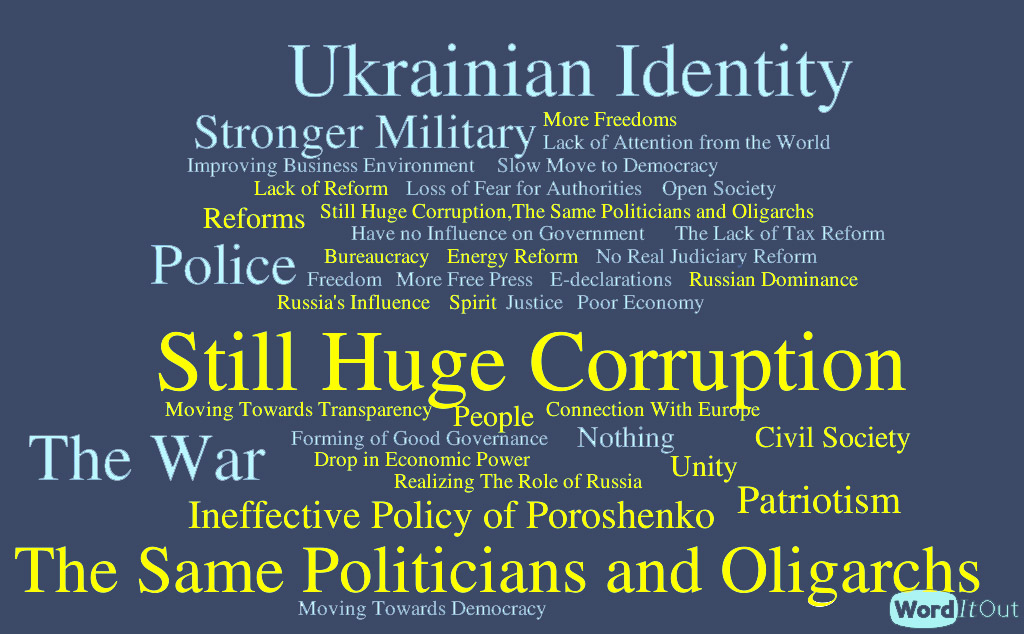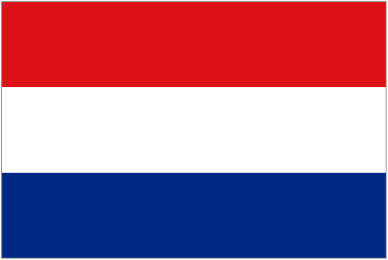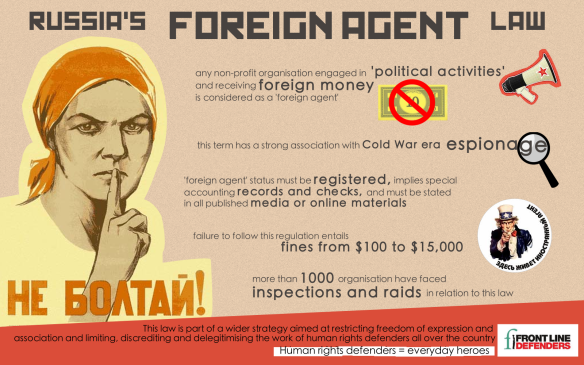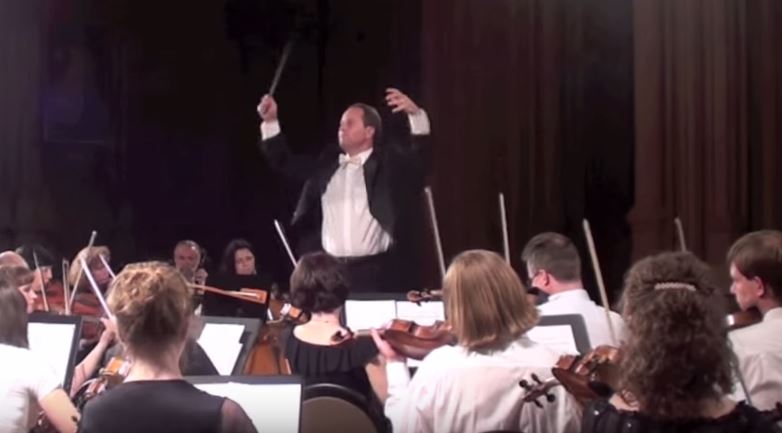For the third anniversary of the Euromaidan revolution, Euromaidan Press wanted to see the outside perspective on the recent transformations in Ukraine. So we asked you, our readers, to answer a few questions on the eve of the third anniversary of the Euromaidan revolution. We thank everybody who gave us feedback! And here are the results.
The things you associated with Ukraine before the Euromaidan revolution

What the Euromaidan protesters were standing for

How do you see Ukraine 3 years after the revolution

Ukraine and your country
We also asked our readers to say which similarities do they see between Ukraine and their country. Here are some interesting thoughts.

Assen, Bulgaria:
Ukraine and Bulgaria are similar because they are in the post-soviet area. In the Eastern part of Bulgaria, there are many Russian people who bought flats or houses. We are in NATO and EU and now our territory is safe. The hybrid war of Russia in Bulgaria is so strong and the people in my country very often repeat the lies of Russia. Every Bulgarian government listen carefully what says Putin and his party. Many Bulgarian politicians and businessmen are connected with Kremlin like in Ukraine. Russian wants the people in both countries (Bulgaria and Ukraine) to think that NATO and EU are very bad and dangerous. In Bulgaria many people can't realize that EU and NATO are the only choice for our country. We are in NATO since 2004 and in EU since 2007...

Alan Benkovic, Germany:
After the WW II Germany had to build democratic Germany from scratch. The advantages were:
- It had no ballast in form of Nazi ideology.
- It had good and honest politicians.
- It followed the guidelines set up by democratic "occupants".
- There was massive financial help by the US in form of Marshall plan.
As for Ukraine:
- A lot of ballast from former rulers in form of corruption soviet mentality, anti-democratic sentiments, soviet style administrative structures, monopoly or oligopoly structure of media
- Crooks and criminals in ruling structures.
- Not following the guidelines set up by their western friends and sponsors.
- Financial help is drying out after the disappointment of their friends.

Janne Uusmaa, Estonia:
Estonia started its process in 1991. Ukraine has been hindered with criminal leadership. Estonia had a head start in this matter.
Martin, Switzerland: ![]()
Ukraine does today what we did a couple of hundred years before, but that's not of a nations choosing.
![]()
Michael Helmersson, Sweden:
Very few similarities yet. Maybe in the IT sector where Ukraine has high competence. Ukraine has a long way to go, but as long there is a will there is a way. Just follow the Baltic example is my best idea. We are not invaded. The Russians must be out, so you can focus on improvements.

Mexico:
I use[d] to say that Mexico is similar to Ukraine: the same 'red-tape' to start a business; same corruption; a few families owning the majority of wealth of the country; State/Government income (tax) not used for prosperity of the country but for own gain of an individual.

France:
None, ideas, principles of a just free society fought for in Ukraine are taken as granted in my own country. The Ukrainian version of corruption is virtually non-existent in France, therefore fundamental issues are not understood by the public there.
![]()
Geoffrey Oates, England, United Kingdom:
U. K had a revolution hundreds of years ago to remove tyranny, Ukraine wants the same.
![]()
Peter Bihun, Canada:
Canada also has problem of different cultures – French and English. There was talk of splitting the country just as Ukraine with Russian east and Ukrainian west. These problems decreased in both countries as people looked at the alternatives.
Peter Padalec, Canada:
Both Canada and Ukraine have been heavily impacted by having very powerful neighbors. Linguistic and historic divisions have seriously threatened national unity for both nations.
Jerry Pasternak, Canada:
Business oriented people, need to combat socialism, hard working people.
Dr. Mike Kostelny (Ph.D.), Canada:
A significant drop of currency value, a sense of preferred treatment for certain classes (the rich become richer and the poor poorer), a sense that certain classes of people, for example, the downtrodden Canadian natives or aboriginals, the homeless, and the socially disadvantaged appear to have been largely forgotten. Unlike Ukraine, money in Canada is granted to these peoples but they lack the social skills and necessary talents to compete in modern society and so the cycle of poverty simply continues unabated.
![]()
Harland Hurd, the USA:
Democracy takes a long time
Peter, the USA
Reading about events in Ukraine I am reminded of the Progressive Era in US history, lasting from c.1900 to 1920. During this period a nationwide grass root effort emerged in which Americans of all stripes undertook enormous efforts, for decades, to root out political corruption, mitigate the influence of business in politics, provide public education, draft and enforce legislation that regulated business practices, grant women the right to vote, change the US constitution to allow direct election of US Senators, and improve the quality of life for all Americans in ways that are still felt and maintained today. The United States also entered into (and won) the First World War during this era. The Progressive Movement ended ultimately from its own success. Progressives accomplished almost all the goals they had struggled for two decades to reach. Needless to say, the struggle was difficult and entrenched interest (in particular, trusts and the "robber barons" of big business) fought tooth and nail to maintain and re-assert their primacy, just as the Ukrainian oligarchs do today. Americans had dynamic progressive presidents in Roosevelt, Taft, and Wilson, but they did most of the work themselves, as Ukrainians have done and will continue to do for decades.
Clinton Werner, The USA:
We were both founded in Revolution, 1776
Oksana, The USA:
The United States has declined tremendously and now with the elections the racism, bigotry brought out by Donald Trump will be here to stay for a long time. Ukraine stands a better chance at moving forward for it has only 1 big enemy while the United States has created many enemies within itself.

Alphons, the Netherlands:
My country is getting more and more Euro skeptic and Ukraine embraces Europe.
Cees Boogaart, the Netherlands:
People surpressed by political "elite", corruption (EU more then Ukraine, people want to be free (4 freedoms FDR) of "elite", EU, big powers
Johan Boonstra, the Netherlands:
Almost none. In the Netherlands people in office can be held accountable. A wrong use of public money will mean end of position. Free press .
Should the international community support Ukraine more?
The majority of the respondents agreed that the international community should support Ukraine more. Only one disagreed with this statement and one thinks that the international community is getting tired of Ukraine.
The directions for support:
cooperation with EU, military aid, financial support, sanctions on Russia, more accommodative immigration policy (at least in the short-medium term), more education/research exchanges, employment exchanges, training, administrative/political and medical support, the support in providing experts in different fields in assisting transition from Russian/Soviet style system, Anti-corruption, juridical, political support and support for business.
A reader from the USA:
The world will benefit from a free Ukraine. Russia has seen fit to throw a wrench in that. The world body should prevent your being overrun while trying to avoid a world war. I think my nation, and others, should assure you have the tools you need to fight. The war will be yours to win.
David Turner, the USA:
Yes (Da!), the international community needs to keep pressure on Ukrainian government to fulfill it's obligations to it's people. The USA must be forceful with Russia in fulfilling the Budapest Memurandum. The USA should have Ukraine build it's rocket engines rather than Russia. The USA should sell NATO grade defensive weapons to Ukraine.
Yaska:
In my opinion, support should come largely from the civil society, ONGs of friendly countries. Otherwise, official help by foreign state(especialy military) could be interpreted as interference in interior affairs, or as having a political and diplomatic cost. Ukraine should be able to ultimately stand by itself, and therefore be able to become a respected player on the worldstage.
Michael Helmersson, Sweden
EU and Nato should show we do keep the door wide open when Ukraine is ready. It is a moral issue.
Bohdan Marciniw, the USA:
Yes and no. Whatever Ukraine accomplishes on its own will be more valuable. Ukraine should not rely on anyone if possible. Nor the EU, neither the USA, and especially not Moscow. Self reliance. Subservient to no one.
Thank you for your answers!



